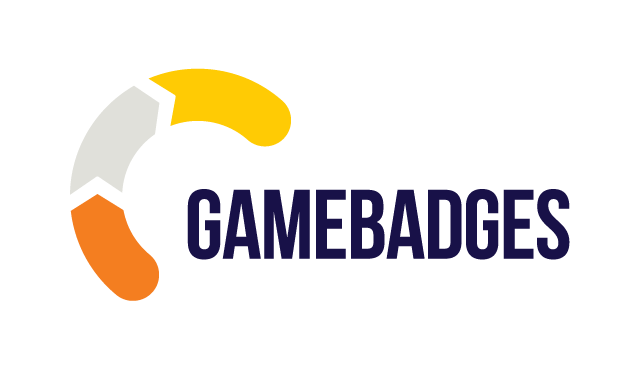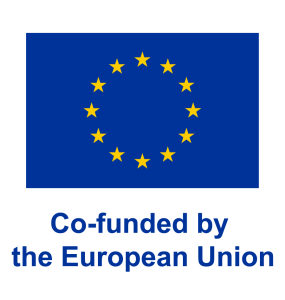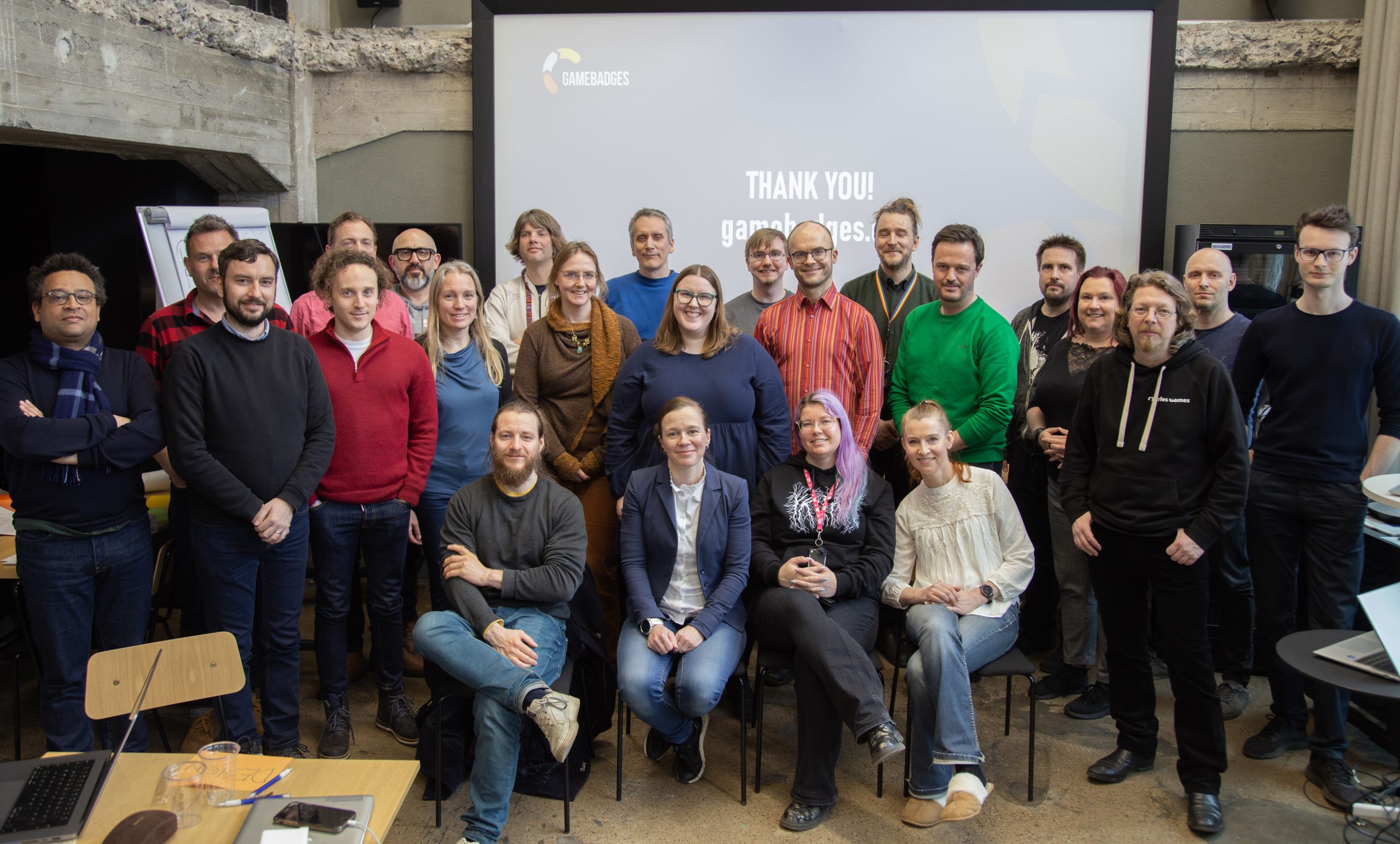| Gamebadges Skill Mapping and Micro-credentials for the Game Industry (2024-2027) |
 |
 |
Empowering Game Professionals with Digital CredentialsIn February 2024, the Gamebadges project launched its work pioneering a Europe-wide competence-based Open Badge ecosystem tailored for the game industry and game education. Coordinated by Metropolia, the project seeks to systemize professions and skills within the game industry, addressing the lack of formal standards. Through collaboration with industry experts and educators, Gamebadges will create a transparent digital Open Badge system, including multiple game industry positions and skill sets, based on an up-to-date Competence Map To ensure the impact of the project across the game industry and various educational levels, Gamebadges relies on collaboration with nine European partners. Each partner plays a vital role in shaping the project’s success. Among these partners, GameDev @ CUNI actively contributes their technical expertise to achieve the project’s objectives. The project is being financed through the Erasmus+ Alliances for Innovation, a highly competitive funding program designed to enhance Europe’s innovation capabilities. At the heart of this endeavour lies strategic cooperation among higher education institutions, vocational education and training (VET) organisations, and companies. The Gamebadges project is scheduled to run until January 2027. Project Kickoff in HelsinkiThe Gamebadges kickoff event was held in Helsinki from April 8th to 9th, 2024. On the first day, partners convened for a Steering Group meeting, dedicated to defining project objectives, establishing collaboration frameworks, and outlining key milestones and activities. The following day featured a workshop focusing on crafting the Game Industry Competence Map update needs, attended by participants from the consortium and other industry veterans and esteemed game educators. Picture 1: Gamebadges project partners and workshop participants [Picture by Suvi Kiviniemi] “This event was an excellent opportunity to meet all partners face-to-face, reinforce common understanding and work together on project goals”, says Saija Heinonen, the project manager of Gamebadges. In the PipelineAfter the project kickoff, development of the competence-based Open Badge ecosystem continues. In the future, these digital Open Badges can serve as micro-credentials, offering recognition and validation of game industry skills and competences throughout Europe. They can be collected in an Open Badge Passport and shared on platforms like LinkedIn. However, before reaching that stage, further updating and development work is required. During 2024, the present version of the Competence Map will be dissected, evaluated, and updated with the assistance of partners and game industry experts. Additionally, similar workshops to the one conducted during the project kickoff will be organised at two different European game industry events in autumn. Further, the project is conducting a survey throughout April, followed by rounds of interviews during spring and summer, to delve deeper into the necessary changes in the map structure and badge ecosystem. Current version of the Competence Map, created during the Chips For Game Skill -project, can be found online: https://kumu.io/gamebadges/gamebadges Picture 2. Mapping the update needs of the current Game Industry Competence Map was the main goal of the kickoff workshop on 9.4.2024 [Picture by Saija Heinonen] Open Call to ParticipateGame industry professionals from across Europe are invited to contribute to the development of a competence-based Open Badge ecosystem. Insights and perspectives from diverse roles and backgrounds are essential for shaping the ecosystem to effectively meet the needs of the ever evolving game industry. If you are interested in participating in an online interview during the summer of 2024, please contact the project organisation via email at info@gamebadges.eu or by reaching out to any of the partner organisations. Additionally, social media channels and homepage will be launched in June 2024. Introduction to Project PartnersMetropolia University of Applied Sciences (Finland): Metropolia is the coordinator of the project and brings expertise in both project management and game education to the project. Metropolia offers game related studies and hosts an incubator program for early-stage game companies and teams. Metropolia also coordinated the project during which the original Competence Map was created. LUCA School of Arts (Belgium): LUCA contributes expertise in arts education and game design, along with academic research competence. Hosting the only Master of Arts program in Game Design in Flemish Belgium, LUCA maintains strong ties with the Flemish Game Industry and runs the Meaningful Play research cluster, integrating research and educational concerns. Wallonia Games Association, WALGA (Belgium): Representing the Belgian game industry, they support project outcomes distribution and offer insights into the industry landscape. Active in various game events, they have a platform to market project results and are part of Belgian Games, representing the sector in Wallonia. Charles University, CUNI (Czechia): Bringing academic excellence and research capabilities, CUNI has extensive experience in multidisciplinary game development education. With a focus on incorporating research results into teaching, they ensure involvement of staff and students in international projects, reflecting their strong research policy. Czech Game Developers Association, GDACZ (Czechia): Representing the Czech game development community, GDACZ collaborates closely with both academic partners and game companies. They provide insights into game industry dynamics and facilitate dialogue on employment and skills. They also have a broad overview of national and EU initiatives. Dania Academy (Denmark): Dania offers educational perspectives and fosters cross-cultural exchange, with strong ties to game education and industry in Denmark and Europe. Their expertise in game education, particularly in game programming, production management, and entrepreneurship, is invaluable for the project. Viden Djurs (Denmark): Contributing expertise in vocational training, this 3D College has a strong network with game companies in Denmark. They aim to create study paths from vocational to higher education using earned badges, in collaboration with Dania. Neogames Finland (Finland): Neogames serves as the hub of the Finnish Game Industry, with connections to Nordic and European game companies. Actively involved in industry bodies and ministries, they maintain a wide network beneficial for the project. Grafisch Lyceum Utrecht (Netherlands): A vocational education and training (VET) provider in the Netherlands, offering educational resources and facilitating pilot course implementation. With a focus on competence-based evaluation and collaboration with industry, they bring valuable experience to the project development. Contact InformationFor further inquiries or collaboration opportunities, please contact the project coordinator at Charles University: The Gamebadges project is co-funded by the European Union. Views and opinions expressed are however those of the authors only and do not necessarily reflect those of the European Union. Neither the European Union nor the granting authority can be held responsible for them. |
||


